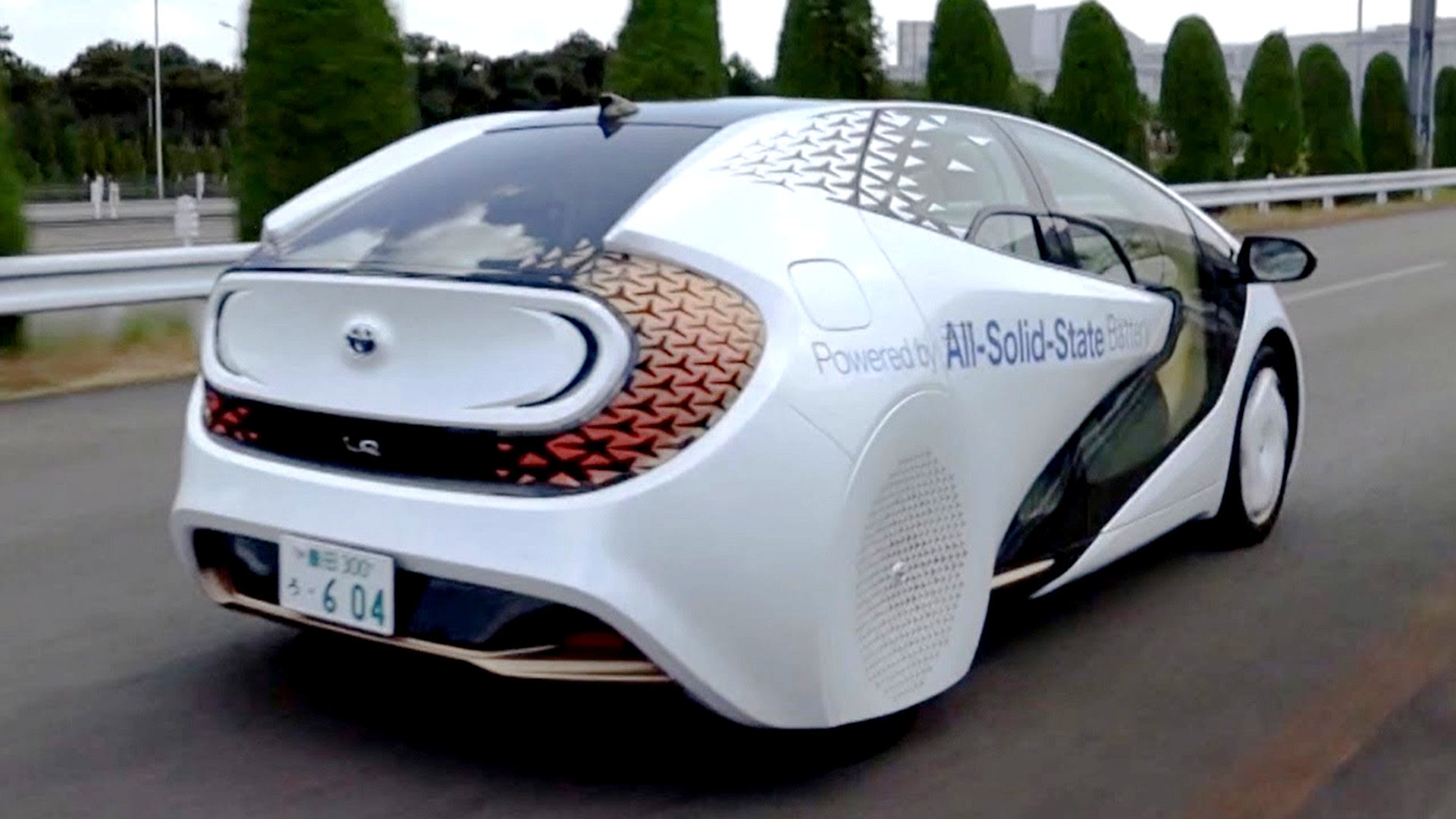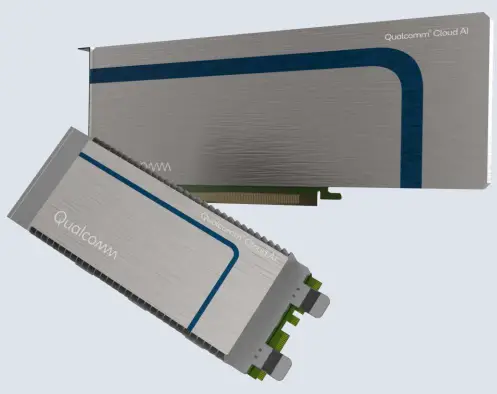
EV Batteries Will Be Half Their 2023 Prices In Three Years: Study
Making electric cars cheaper to buy and own is key to driving the industry’s growth. Because most Americans aren’t going to ditch their familiar gas-powered cars out of the goodness of their hearts or a soft spot for the climate.
For that to happen, batteries need to get cheaper. Some good news on that front: Lithium-ion battery prices will continue dropping fast over the next few years, according to research out this week from Goldman Sachs.
The bank’s researchers forecast that global average battery pack prices will drop to $82 per kilowatt-hour (kWh) by 2026. That’s roughly half of what batteries cost in 2023 ($149/kWh). And it’s a steep 26% drop from this year’s prices, too.
The researchers project that battery costs will fall to $111/kWh by the close of 2024. To really drive home the direction things are headed here, I'll add that these same batteries cost $780/kWh in 2013.
Goldman Sachs says the projected 2026 prices unlock a key milestone in the U.S. That’s “a level at which battery electric vehicles would achieve ownership cost parity with gasoline-fueled cars in the US on an unsubsidized basis.” Today, the average new electric car costs significantly more than a gas equivalent, although that can be offset by lower fueling and maintenance costs for EVs.



















